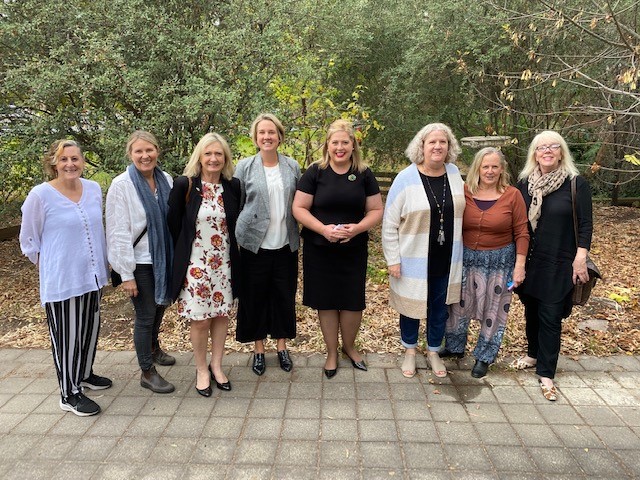
Flinders social work researchers Dr Helen McLaren and Dr Michelle Jones will undertake a long-term review of a unique model of foster care following the launch of a new model in South Australia, in a partnership between Life Without Barriers and the Department for Child Protection (DCP).
First developed and implemented in Washington, USA before being rolled out across the US, UK, Japan and now Australia, the Mockingbird Family™ model of foster caring is based on the idea that it takes a family and community to raise a child.
As a constellation model of care, it is similar to a collection of extended families in which 6-8 foster or kinship care homes are united to collectively support the children in their care. Each constellation of families has a lead carer, known as a Hub Home Provider, who is equipped with additional training and expertise to provide the constellation homes in their network with local support.
“For the children and young people in care, the model is like having an extended family. They have regular catch-ups with other foster families in their constellation, barbecues, sleepovers, excursions and go on weekend getaways together. For some of them, it is the first time they get to feel like any other child who gets to have regular fun with friends and extended family,” says Dr Helen McLaren from the College of Education, Psychology and Social Work.

The Mockingbird Family™ model is designed to support, develop and retain carers. Being part of a foster care constellation means that carers have a network of trusted peers geographically close to them that they call upon when their caring role may be challenging.
“Familiar peer support is available 24-7, and this is known to increase carer stability. This, in turn, increases stability for those children and young people they care for. A more stable environment has greater capacity to meet the complex needs often known to be experienced by children and young people in foster and kinship care,” says Dr McLaren.
Life Without Barriers introduced Mockingbird Family™ to Australia, first in NSW and then to SA, where they have partnered with DCP. Drs McLaren and Jones recently celebrated the launch of the second SA constellation, alongside Minister for Child Protection Hon Katrine Hildyard MP and project partners from Life Without Barriers and DCP.
They will now document the Australian experience of the model by undertaking longitudinal research on the professional quality of life of foster carers, mapping the social networks of carers and children and young people and those involved in the Mockingbird Family™ and making comparisons with other foster and kinship carers.
“The constellation model of care is innovative and promising. We hope that our research findings will assist knowledge building in support related to stability for carers, children and young people,” says Dr McLaren.
Dr Michelle Jones added, “It is great to be part of a partnership interested in innovating change for the benefit of carers and the children and young people in their care. We are excited to be working with Life Without Barriers and the Department, with a view to the Mockingbird Family™ being rolled out further across Australia.”

